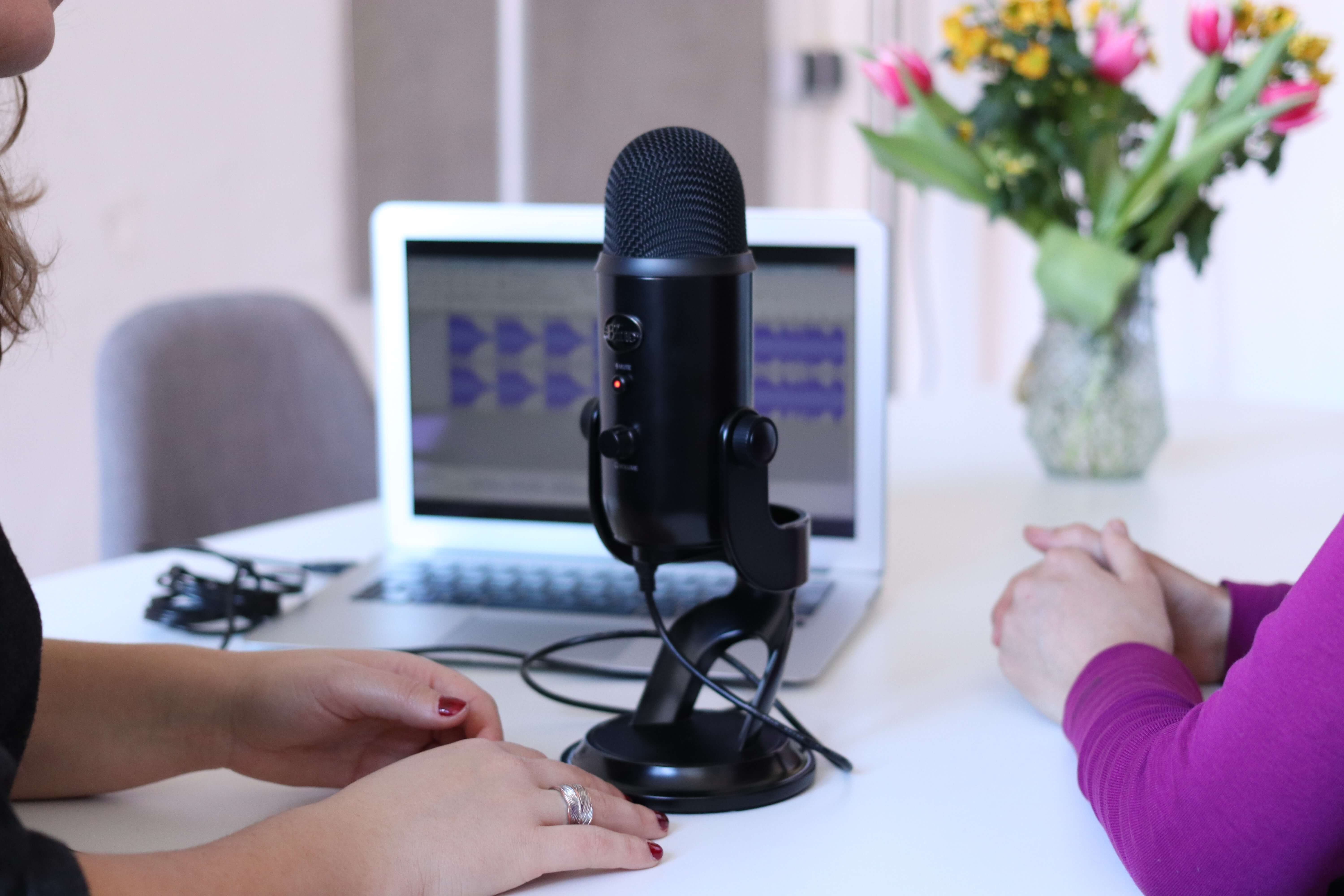Podcasting has come a long way since its inception in the early 2000s. From the release of "Serial" in 2014 to the current podcast landscape, the medium has evolved and changed in ways that few could have predicted. Today, podcasts have become a ubiquitous part of our media landscape, with hundreds of thousands of shows covering an incredible range of topics.
Early Days of Podcasting
The early days of podcasting were characterized by a lack of mainstream recognition and a relatively small pool of creators and listeners. The medium was seen as a niche form of entertainment, with most podcasts focusing on technology or other specialized topics. However, early adopters of the medium recognized its potential and began experimenting with new formats and styles.
One of the first podcasts to gain a significant following was "The Ricky Gervais Show," which launched in 2005. The show featured comedian Ricky Gervais and his friends Stephen Merchant and Karl Pilkington discussing a wide range of topics, from current events to pop culture. The show's popularity helped to bring podcasting to a wider audience and showed that the medium could be used for more than just technology news and reviews.
Another early podcast that gained a following was "This American Life," which had been a popular radio show for years before launching its podcast in 2006. The show featured in-depth storytelling and investigative reporting, paving the way for the narrative-driven podcasts that would become popular in the years to come.
The Rise of "Serial"
 Credits: @MARCIN CZERNIAWSKI
Credits: @MARCIN CZERNIAWSKI
The release of "Serial" in 2014 changed everything for podcasting. The true-crime podcast captivated audiences with its in-depth exploration of the 1999 murder of Hae Min Lee and the subsequent conviction of Adnan Syed. The show was an instant hit, with millions of downloads in the first few weeks of its release.
"Serial" was unlike anything that had come before it. The show's host, Sarah Koenig, used a combination of interviews, archival footage, and her own investigations to tell the story of Hae Min Lee's murder and Adnan Syed's conviction. The show was released in installments, with each episode leaving listeners on a cliffhanger, eager to hear more.
The success of "Serial" paved the way for other narrative-driven podcasts, leading to a boom in the genre and the emergence of shows such as "S-Town," "Criminal," and "My Favorite Murder." These shows combined compelling storytelling with investigative reporting, creating a new type of media that was both entertaining and informative.
The Expansion of the Podcast Landscape
 Credits: @CoWomen
Credits: @CoWomen
In addition to narrative-driven podcasts, the podcast landscape has expanded to include a wide range of formats and styles. There are now interview-style podcasts such as "WTF with Marc Maron" and "Armchair Expert with Dax Shepard," as well as news podcasts such as "The Daily" by The New York Times and "Today, Explained" by Vox. There are also podcasts that cover niche topics such as "My Brother, My Brother and Me," a comedy podcast where three brothers give humorous advice to listeners.
The rise of podcasting has also led to a democratization of media, with independent creators now able to reach a global audience with their content. This has resulted in a greater diversity of voices and stories being told in the podcast medium. For example, "Code Switch" by NPR covers issues of race and identity, while "Latino USA" covers issues affecting Latino communities in the United States.
The popularity of podcasts has also led to changes in the way content is consumed. Many listeners now use podcast apps such as Spotify and Apple Podcasts to discover new shows and manage their subscriptions. This has made it easier for listeners to find and access new podcasts, leading to a greater level of engagement with the medium.
The Future of Podcasting
As the podcast medium continues to grow and evolve, it is likely that we will see even more innovative and exciting developments in the years to come. One trend that is already emerging is the use of podcasts as a marketing tool. Many businesses are now using podcasts to promote their products and services, creating branded content that is both informative and entertaining.
Another trend is the growth of live podcast events. Many popular podcasts now host live shows, where listeners can see their favorite hosts and guests in person. These events can be a great way for fans to connect with their favorite podcasts and meet other listeners.
The future of podcasting is bright, with new shows and formats emerging all the time. As the medium continues to grow and evolve, it is likely that we will see even more innovative and exciting developments in the years to come.
Conclusion
The evolution of podcasting has been remarkable. From the early days of niche content to the current landscape of diverse and engaging shows, podcasting has become a vital part of our media consumption habits. With the continued growth of the medium, it is likely that we will see even more innovative and exciting developments in the world of podcasting in the future. The impact of podcasting on media and storytelling has been significant, and it will be interesting to see how the medium continues to evolve and change in the years to come.

